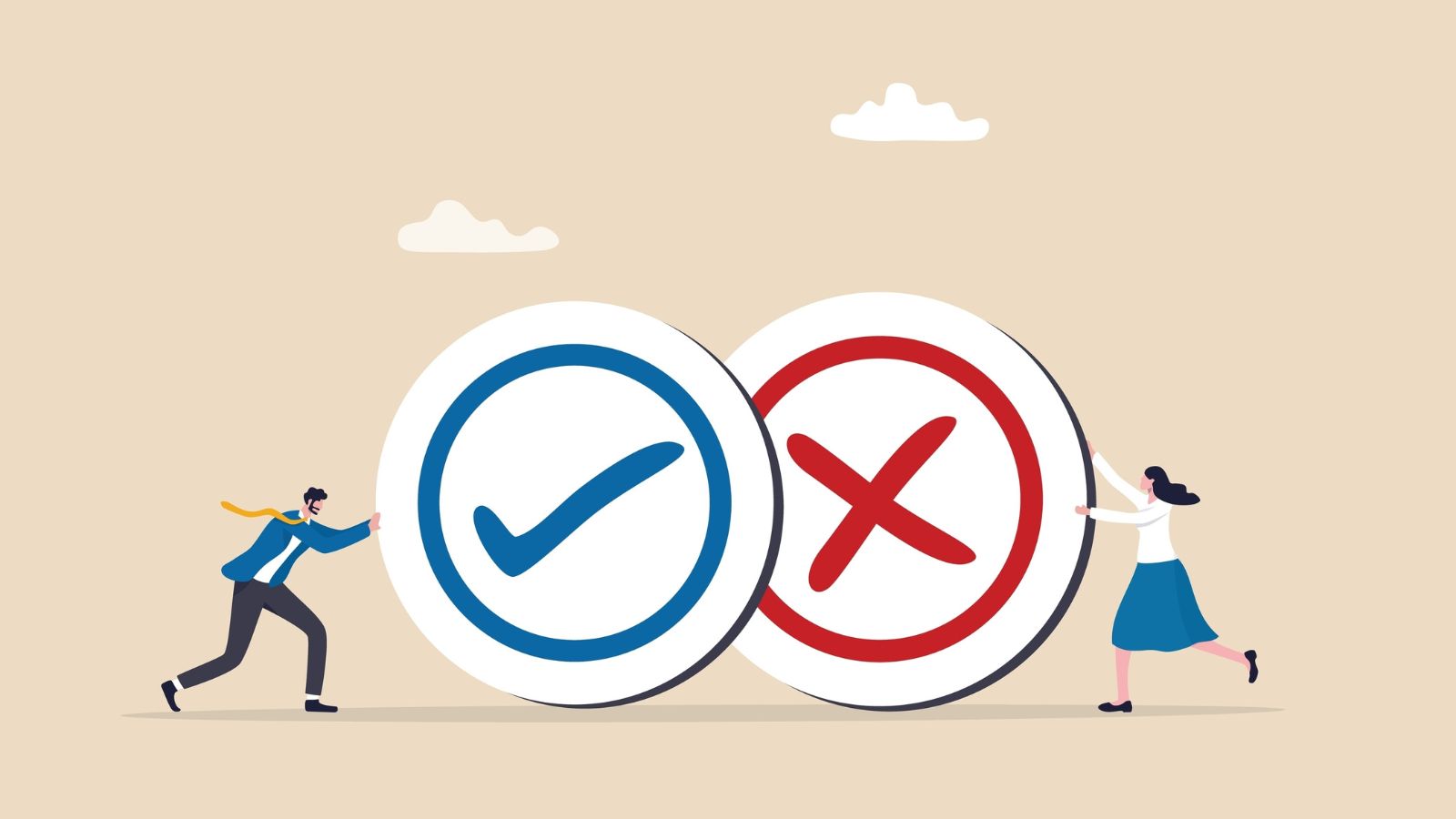We all love a good bargain. But what if, even after your best efforts, you’re losing money on everyday purchases without even noticing it? From groceries to utilities, subtle oversights and marketing tactics could silently drain your hard-earned cash.
Let’s dive into 19 shocking reasons you’re losing money on things you buy every day—and how you can turn it around.
Not Comparing Prices Online

In today’s digital age, the internet offers a vast array of shopping options, including for groceries. However, many people overlook the importance of comparing prices before making a purchase. Online retailers often list the same products at different prices; without comparison, you might miss out on significant savings. Using price comparison tools or apps, you can easily identify the best deals and ensure you’re getting the most value.
Ignoring Cash Back and Rewards Programs

You’re likely leaving money on the table by skipping out on cash-back deals or rewards points. Whether it’s groceries or gas, many credit cards or loyalty programs offer points or discounts. Over time, these small savings add up.
Buying Name Brands Without Thinking

Staying loyal to a brand can cost you a lot. Many store-brand or generic items are of comparable quality but come with a lower price tag. Thrift stores, for example, you might find a better match for items there. Try the generic version next time for items like painkillers, snacks, or cleaning products.
Falling for Marketing Gimmicks

Ever notice those flashy “Buy One Get One Free” or “Limited Time Offer” signs? They’re designed to trigger impulse buying. Often, these deals aren’t as great as they seem, leading to unnecessary shopping you never planned for, which you might as well regret later.
Not Buying in Bulk

At first glance, you might find cheaper, smaller purchases, but they often cost more in the long run. Items like toilet paper, detergent, or even certain foods have a lower per-unit price when bought in bulk. Just make sure you have enough storage space!
Overpaying for Shipping

How often do you think you paid for rushed shipping when standard shipping would’ve worked just fine? Some companies even offer free shipping if you meet a minimum purchase amount—so before checking out, take a moment to assess your shipping choices.
Skipping Coupons

If you think couponing is for extreme savers only, think again. Digital coupons are everywhere and easy to use. Many stores offer discounts through apps, emails, or browser extensions like Honey. Just a few clicks can put extra money back in your pocket.
Relying on Credit for Small Purchases

For everyday items like coffee or snacks, paying with credit might seem bad because small amounts generate a hefty credit card bill with interest. Use cash or debit for minor purchases to avoid paying heavy fees later on.
Paying for Subscriptions You Don’t Use

Many people continue to pay for subscriptions they rarely use, from streaming services to gym memberships. These ongoing charges can add up over time, draining your finances. Review your bank statements to identify recurring fees for services you no longer use. Cancel subscriptions you don’t need or use frequently. By keeping track of these expenses, you can free up money for more essential needs and avoid wasting funds on services that no longer benefit you.
Neglecting to Use Price Protection

Many retailers and credit cards come with price protection. This means if you purchase an item and the price drops within a certain period, you can claim a refund for the difference. It gives you an excellent opportunity; don’t forget to take advantage of this benefit!
Overlooking Energy-Saving Opportunities

Do you leave devices plugged in even when you’re not using them? Don’t do it! Many gadgets continue drawing electricity, costing you more on your energy bill. Unplug devices or use a smart power strip to reduce phantom energy consumption.
Not Timing Purchases Strategically

There are seasons of the year when certain things are on sale. For instance, TVs are often less expensive around the Super Bowl, while winter apparel costs decrease following the holidays. Pay attention to seasonal sales to make better choices.
Overbuying Perishable Goods

It’s easy to overestimate how much fresh produce, dairy, or meat you’ll consume before it spoils. To avoid wasting food and money, stick to a shopping list and plan your meals carefully. This helps ensure you buy only what you need, reducing the likelihood of throwing away unused items.
Ignoring Free Versions of Services

Many free apps, tools, and services are available that are just as good as the premium versions. Consider whether the extra features of a premium service are worth the higher price before committing.
Paying ATM Fees

Using out-of-network ATMs can quickly lead to additional fees. You can avoid this needless expense by using ATMs that are part of your bank’s network or making big withdrawals all at once.
Not Negotiating Prices

You need to be good at bargaining if you want things that suit your price range. From cable bills to phone plans, many services have negotiable prices. A quick call to customer service might score you a discount. Even retail stores sometimes give price adjustments if you have good communication skills and are a skilled negotiator.
Skipping Store Memberships

Although membership fees at stores like Costco or Sam’s Club may scare some customers, they provide substantial savings on daily items. But if you purchase regularly, the savings you make can easily compensate for the membership fee.
Falling for “Free” Trials

After the trial term expires, a lot of free trials turn into paid subscriptions automatically. Ensure you program a reminder to stop payments before they appear on your card.
Forgetting to Track Spending

Lastly, you might not even know where your money is going if you don’t keep track of your expenses. Utilize budgeting software to keep track of your regular purchases and identify areas where you may make savings.
Conclusion

Everyday purchases may seem harmless at some point, but little mistakes can add up over time. You can start saving more and spending smarter by practically using these free tactics and habits that drain your wallet. The next time you head to the checkout, ask yourself—am I getting the best deal?
18 Reasons Why People Are Leaving Florida in Masses

Exploring factors that impact the desirability of living in Florida, this list delves into various challenges shaping residents’ experiences. From environmental concerns like rising sea levels to economic factors such as fluctuating job markets, these issues collectively contribute to a nuanced understanding of the state’s appeal.
18 Reasons Why People Are Leaving Florida in Masses
